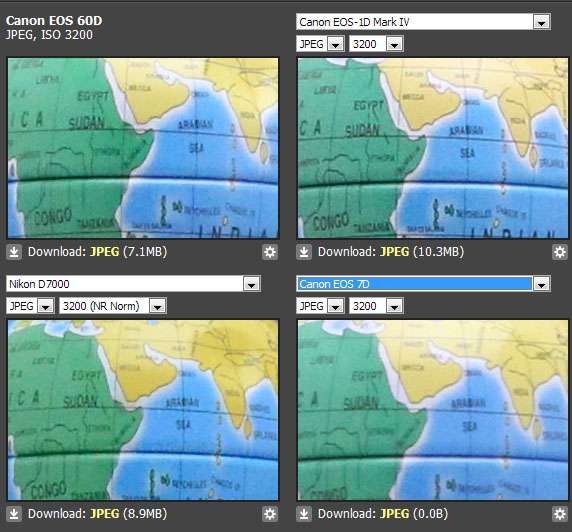roaddogg
TPF Noob!
- Joined
- Mar 25, 2011
- Messages
- 24
- Reaction score
- 0
- Can others edit my Photos
- Photos NOT OK to edit
Nikon d7000 vs canon 60d who wins in this competition regarding photo quality and color sensitivity so which is better in image photography please help because i need to buy one soon.





![[No title]](/data/xfmg/thumbnail/36/36653-04eb462de8b26218114605cd5ed176cf.jpg?1734169166)









